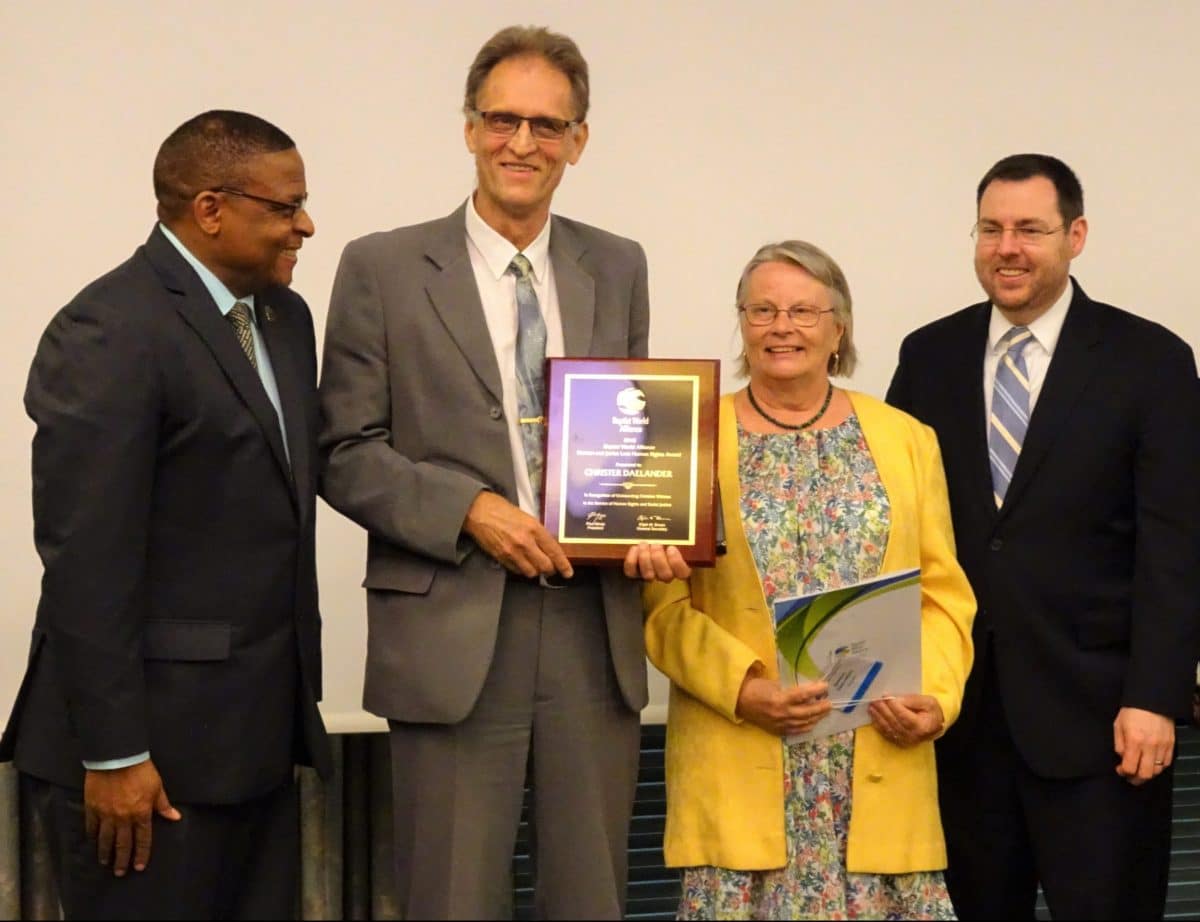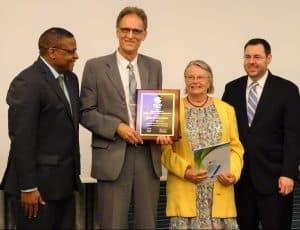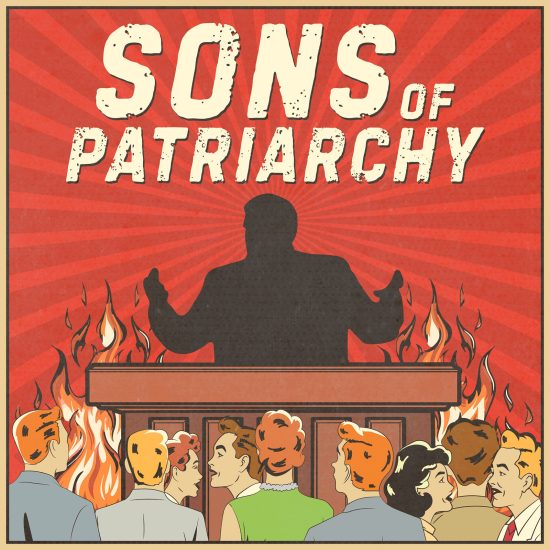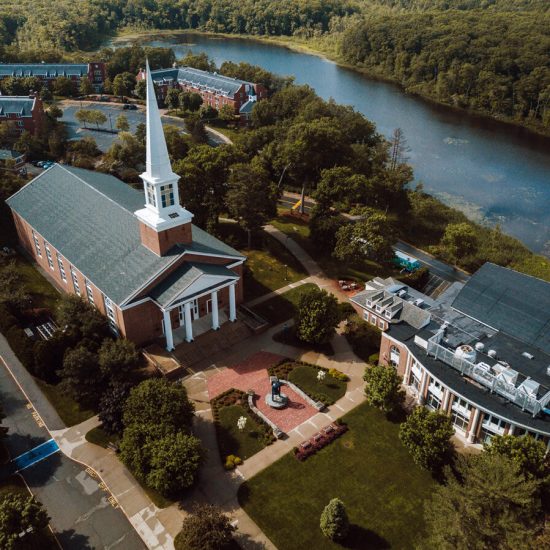
Although some commentators in the U.S. point to Sweden as an alternative example of how to respond to the coronavirus outbreak with fewer restrictions, for Baptists in that country, worship and ministry has been impacted in ways similar to U.S. churches. And as the pandemic continues, Swedish Baptists experiment with new ways of ministering.
As of May 5, more than 3.7 million people globally have been infected with the COVID-19 respiratory disease caused by coronavirus, and more than 257,000 have died. In Sweden, more than 23,000 have tested positive and more than 2,800 have died.
Unlike most European nations — and many other countries across the globe — Sweden didn’t shutdown due to the pandemic. This occurred, in part, because of its constitutional provisions limiting the actions politicians could take, as well as alternative strategies proposed by the nation’s state epidemiologist. However, some restrictions were adopted that impacted churches in the Scandinavian nation.
“In Sweden we have the restriction that you cannot gather more than 50 people at the same time, and there are recommendations to keep the distance to other persons,” Swedish Baptist Christer Daelander told Word&Way.

Christer Daelander (second from left) receives the 2018 Denton and Janice Lotz Human Rights Award from the Baptist World Alliance as he poses in Zürich, Switzerland, with (from left) BWA President Paul Msiza, Daelander’s wife Barbro, and BWA General Secretary Elijah Brown. (Brian Kaylor/Word&Way)
Daelander, who serves as a religious freedom representative for the Baptist World Alliance and European Baptist Federation, works for the Uniting Church in Sweden (known in Sweden as Equmeniakyrkan). The denomination formed in 2011 from the merger of the Baptist Union of Sweden, Mission Covenant Church of Sweden, and United Methodist Church of Sweden. According to the BWA, the Uniting Church has about 700 churches and more than 63,000 members.
Although the third-largest Christian group in the nation, the Uniting Church only accounts for about 1.2 percent of the population — coming in behind the Orthodox Church (1.5 percent) and the Church of Sweden (57.7 percent). Other religious traditions of about the same size include Catholics (1.2 percent), Pentecostals (1.1 percent), and Muslims (1.5 percent). The Church of Sweden, a Lutheran denomination, was the official state church until 2000, and its membership has fallen steadily since then.
Daelander said the virus has impacted his work and the local churches, noting that both in the Uniting Church and in local congregations “most of us work from home, but we still meet through telephone meetings and/or through video conferences and meetings.” He added they also have “a weekly Zoom meeting with our missionaries,” which means “through this we have more regular contacts between the missionaries than ever before.”
And with the ban on large gatherings, most of the congregations aren’t meeting in person.
“Most of our local churches don’t have any physical services now, except for some smaller local churches,” Daelander explained. “But very many churches have started to send live worship services through Facebook or YouYube — and on Facebook they can also give comments directly in the commentary field. So, for the first time our churches are going digital more than ever before and I think this will have an important impact on the church life even after coronavirus.”
“Many churches have introduced a mobile phone service for transfer of money called ‘Swish,’” he added. “This helps a lot now. So, when we have the Facebook service, people can still give their offering through Swish.”
Although Daelander sees positive developments as churches learn to minister through digital platforms, he still misses the in-person interactions.
“My church in Bromma [a borough in the western part of capital city of Stockholm] organized a Easter pilgrim walk outside in the neighborhood and this was a wonderful experience to actually meet, but with some distance,” he said. “Of course, we suffer that we cannot meet more physically, and we all hope this coronavirus pandemic will stop as soon as possible.”
As Swedish churches learn to minister in ways similar to those in the U.S. right now, debates about Sweden’s approach to coronavirus continue. The first case was found in late January involving a woman who traveled from Wuhan, China, the virus’s origin. And the second case a month later involved a man who traveled from hard-hit Italy. By early March, however, community spread was detected after a few more travel-related cases. And the first confirmed death occurred on March 11.
While officials did issue some restrictions, they also focused on encouraging proper behavior rather than mandating a shutdown. But even with fewer official restrictions than in the U.S., the restrictions are greater than what many U.S. protesters are demanding. The looser restrictions helped prevent the level of economic disruption seen in the U.S.
Sweden’s coronavirus death toll of 283 per one million people is higher than the U.S.’s rate of 217, although Sweden’s infection rate of 2,299 per one million is lower than the U.S.’s rate of 3,719. But compared to other Scandinavian nations, the Swedish rates stand out more. In Denmark, the infection rate is 1,696 per million and the death rate is 87 per million. In Finland, the infection rate is 977 per million and the death rate is 44 per million. And in Norway, the infection rate is 1,462 per million and the death rate is 40 per million.
However, a greater percent of the population in Sweden may have built up antibodies already, which could speed up the nation’s ability to move past the worst of the outbreak or better survive a second wave of the virus. But it remains too soon to tell if that’s true. And some say Sweden’s plan wouldn’t work elsewhere since the nation is sparsely populated and Swedes have an unusually high trust in their government and experts.
But regardless of the outcome, Swedish Christians continue to minister.
“It is not as one might think, that businesses are canceled and churches are now closing. Pastors and other staff do not take holidays,” wrote Lasse Svensson, who leads the Uniting Church.
“We also know that it is important to maintain relationships and community, even when we cannot physically meet,” he added. “It is a Christian duty to do what you can to avoid spreading infection and to protect people’s lives and health, even the most vulnerable.”






